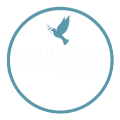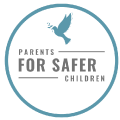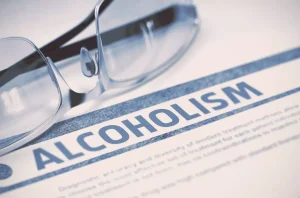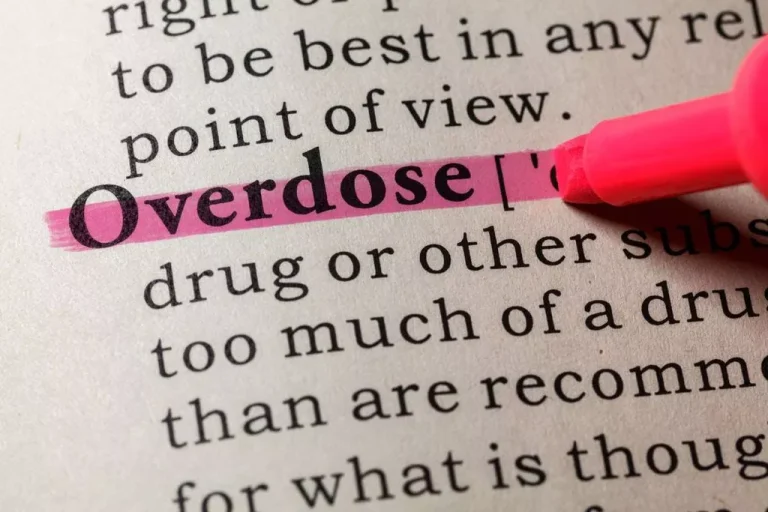Alcohol Recovery Timeline: Stages and Progress The Recovery Village Cherry Hill at Cooper
Recovery from alcoholism is all about codifying your new skills into habits. That can only happen if you identify and replace the old patterns that led to the addiction in the first place. Establishing new habits helps keep you away from triggers, which is an essential part stages of alcoholic recovery of staying sober. Quitting alcohol is a challenging goal, and the physiological barriers to doing so make it even more difficult. When someone stops drinking alcohol after a prolonged period of frequent use, the brain goes into overdrive and responds with a series of symptoms collectively known as withdrawal.
- This approach ensures therapies are more relevant and effective, tailored to each individual’s needs.
- Recovery from AUD is marked by stages of abstinence, withdrawal, repair, and growth.
- Obtaining and taking more becomes as necessary as eating or sleeping, especially since addiction affects your judgment and decision-making skills3.
- The final stage starts when you have been sober for five consecutive years.
More on Substance Abuse and Addiction
- Behavioral therapies, which can be delivered in individual or group settings, are integral in early sobriety.
- You will continue learning healthy habits, including making connections and friendships that support a sober lifestyle and the benefits of exercise and a healthy diet.
- Some individuals may face post-acute withdrawal syndrome (PAWS), where withdrawal symptoms persist, evolve, or appear even after the acute withdrawal phase, sometimes lasting for months or years.
- To ensure a successful recovery journey, several key strategies can be instrumental.
- The preparation stage takes a person from “I should” to “I will.” Loose timelines tighten up, and the prospect of entering treatment becomes real.
Now is the opportunity to go deeper, stay accountable, and work towards lasting change. Without seeing treatment through, even when you feel good, there’s a greater chance of experiencing setbacks. First, it’s important to understand the signs of both acute and post-acute withdrawal. Acute alcohol withdrawal can occur after an extended period of heavy binge drinking, and usually takes place within the first week of quitting alcohol. The acute alcohol withdrawal timeline and process looks different for everyone, and the symptoms can range from uncomfortable to potentially dangerous. These symptoms of acute alcohol withdrawal can include alcohol shakes, nausea, delirium tremens, hallucinations, and more.
- Acknowledge the misuse to yourself as well as your support group, your family, and the medical professionals you’re working with.
- This could look like a casual conversation, or something more structured and planned.
- And, for the new technology of prescription digital therapeutics to be used, doctors and other specialized healthcare workers be there to administer this new form of medical treatment.
- The cost of a 30-day inpatient rehab program ranges from $6,000 to $30,000, with luxury options exceeding $80,000.
- At this point, it’s obvious to those close to you that you’re struggling.
Unsure where to start? Take Our Substance Abuse Self-Assessment
Along with feeling physically sick without it, you’ll experience cravings and urges to use the substance. Obtaining and taking more becomes as necessary as eating or sleeping, especially since addiction affects your judgment and decision-making skills3. The stages of addiction typically involve initiating substance use, developing dependence, and eventually becoming addicted. This cycle can repeat through relapses, but it can also be broken with the proper support and intervention.
Treatment Strategies for the Addiction Cycle
If you or someone you know is struggling with substance abuse, reach out to the resources listed above and take the first step toward a better life. BetterHelp can connect you to an addiction and mental health counselor. The left half represents your descent from casual drinking to alcohol addiction. Ambivalence and denial can be your worst enemies in the first days of your recovery. Our recovery programs are based on decades of research to deliver treatment that really works. Contemplation can be an uncomfortable process, and feelings of guilt, shame, hopelessness and desperation are common as people reach this crossroads in their addiction journey.
If your environment gives you easy access to substances, is highly stressful, or includes others who use substances (and encourage or pressure you to, too), you’re more likely to develop an addiction. As someone’s substance use increases, so does their tolerance and physical dependence on the substance. Signs of this happening often include consuming more of the substance; more enough for you to notice. For example, one glass of wine might turn into one and a half, and then two in a relatively short amount of time. They may seem the same after two glasses as they did after one—that’s because their tolerance increased. Someone who’s started using substances may show signs of inebriation, like stumbling when they walk, slurring their words, or seeming spaced out.



